Schedule an appointment to meet with Career & Experiential Learning about your area of interest.
Make an Appointment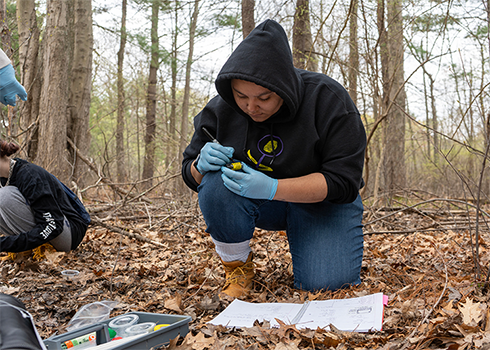
Wooded Acres and Protected Campus Wetlands Provide Students with Ideal Research Environment
As far as professional research experience goes, Curry Science students needn’t look any further than our own backyard. For the past several years, a variety of faculty-led science research projects have taken place on the rich grounds of our Milton Campus, giving students hands-on experience and publishing opportunities that are unique to our College. And in hypercompetitive fields, our students are getting a leg up on the competition.
Scientific Research at Curry College:
Here are just a few examples of the courses taught and research conducted by our award-winning Science and Math faculty

Dr. Laura Callis
Associate Professor, Mathematics
Primary Research:
Co-Principal Investigator, National Science Foundation Improving Undergraduate STEM Education (NSF-IUSE) Project - DISCUS-IS Discourse to Improve Student Conceptual Understanding of Statistics in Inclusive Settings
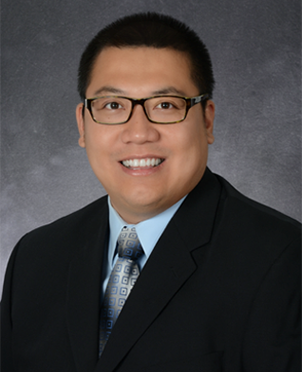
Professor Nan Chen
Senior Lecturer, Chemistry
Research Interests:
-Development of Experimental Method for Both Introductory and Organic Chemistry Laboratories
-Synthesis of Natural Products and Bioactive Compounds
-Synthetic Methodology

Dr. Jessica Fry
Associate Professor, Co-Chair, Natural Sciences and Mathematics
Research Passion:
How cell function contributes to human disease, so I use molecular biology and biochemistry to ask cell biological questions that help us understand human physiology.

Dr. Jen McNally
Professor, Mathematics Area Coordinator
Primary Research:
Co-Principal Investigator, National Science Foundation Improving Undergraduate STEM Education (NSF-IUSE) Project - DISCUS-IS Discourse to Improve Student Conceptual Understanding of Statistics in Inclusive Settings

Dr. Emily Nowicki
Associate Professor, Microbiology and Molecular Genetics
Recent Research:
Which genes and community members are important for bacterial survival in soil?

Dr. Samantha Sawyer
Assistant Professor, Forensic Science Program Coordinator, Board Certified Forensic Entomologist
Research Topics:
-Forensic Entomology
-Wildlife Monitoring
-Geospatial Analysis
-Decomposition Ecology
-Scavenging Behavior
-Insect Diversity and Life History
-Mass Mortality Events
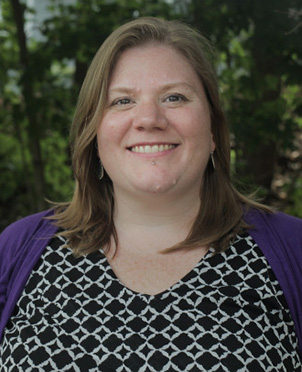
Dr. Beth Wade
Associate Professor, Co-Chair, Natural Sciences and Mathematics
Recent Research: Green Lacewing
1. How can biocontrol efficiency of green lacewings be improved?
2. What are the genetic, chemical, behavioral & ecological causes and consequences of speciation?

Dr. Stephanie Walker
Professor, Biochemistry
Recent Research:
How do cell polarity and proliferation work in concert to maintain tissue structure and organization?
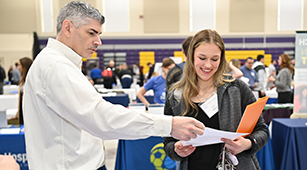
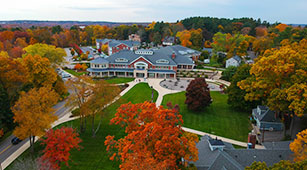
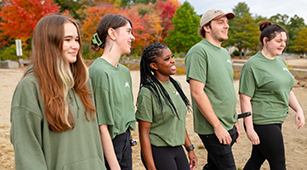
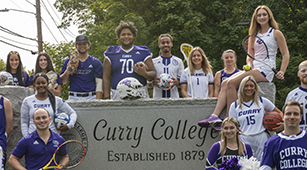
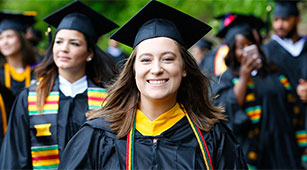
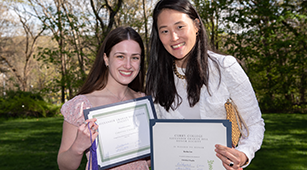
 One of the hallmarks of the
One of the hallmarks of the